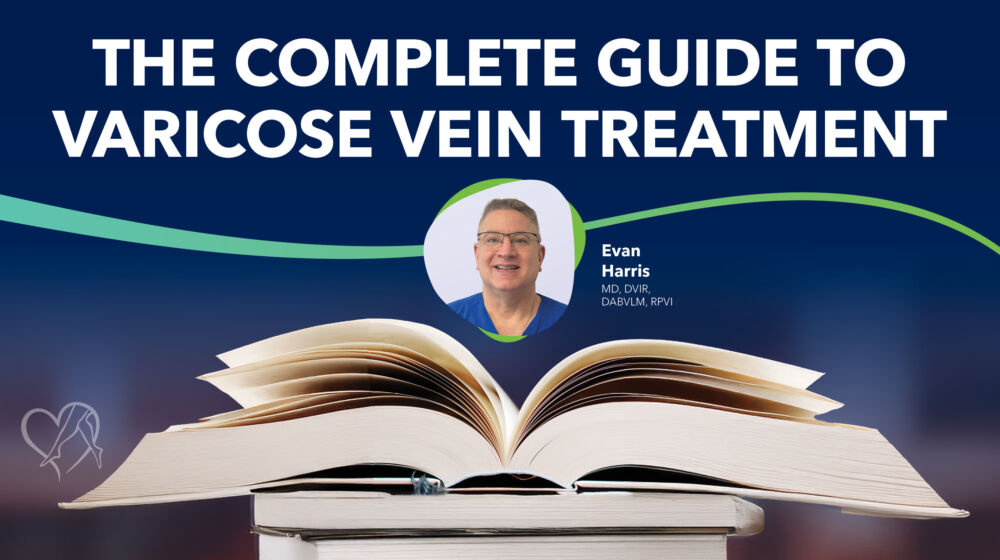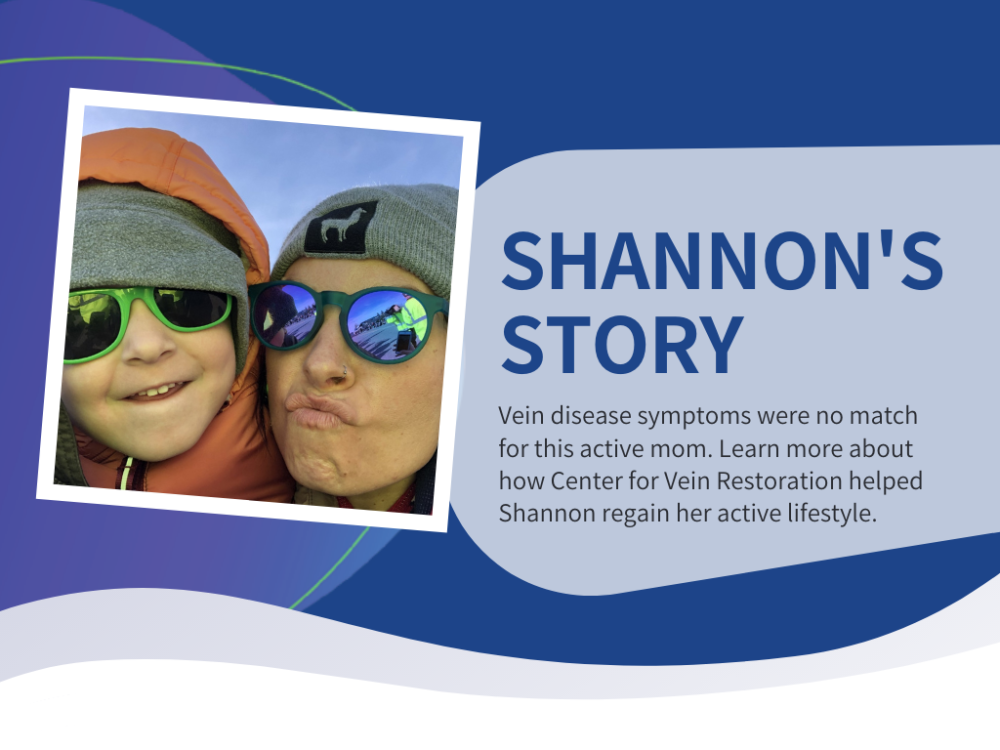Varicose veins and cardiovascular disease both stem from poor circulation. Despite sharing similar symptoms, they are two different health conditions.
Your veins are part of your cardiovascular system, so you may wonder if there’s a link between varicose veins and heart problems. Here’s some reassurance: there is no link! Heart health is impacted by your arteries, while varicose veins, as the name suggests, result from vein issues.
You can have varicose veins with a perfectly healthy heart. But just because your heart is healthy does not mean you should put off treatment for your veins. Varicose veins indicate a malfunction in your vascular system that requires evaluation and treatment.
Veins, arteries, and your heart
Your heart is the starting point for blood circulation throughout your body. Your arteries and veins work together to transport blood to and from your heart. As the arteries pump oxygenated blood to your organs and tissues, the veins carry the oxygen-depleted blood back to the heart.
Problems within the arteries, such as peripheral artery disease (PAD), directly impact your heart. PAD develops from a buildup of fatty deposits that narrows the arteries, leading to reduced blood flow between the heart and limbs. You may experience chest pain (angina), shortness of breath, or other signs of coronary artery disease. Additional symptoms include claudication (which is pain in the legs when you walk), as well as ulcers on the legs or feet.
Veins malfunction differently. In your veins, tiny valves open and close to keep the blood moving. These valves can weaken from age, heredity, sitting or standing for long periods, and other factors. As the blood backslides and pools, the vein stretches outwards, turning into a varicose vein. This breakdown in the vascular system is known as venous insufficiency, which is the root cause of varicose veins.
In addition to visible, swollen veins, varicose veins also lead to pain, swelling, cramping, itching, and an overall sensation of heaviness in the legs. If left untreated, varicose veins can lead to leg ulcers.
Some people with both varicose veins and heart problems may experience extreme swelling in the limbs. Because of overlapping symptoms, it’s easy to link venous insufficiency with cardiovascular disease mistakenly. A vein specialist and/or a cardiologist can determine whether your symptoms stem from issues with your veins or arteries.
Keeping your veins and heart healthy
Although different health conditions, heart and vein disease share several risk factors. Obesity, a sedentary lifestyle, and smoking can damage your veins and arteries. To maintain your vein and heart health, try these tips:
Lose Weight. Extra pounds strain your veins, making it more difficult for blood to circulate. Losing weight also reduces stress on your heart.
Exercise. Exercise sheds those excess pounds and also engages the calf muscles to help the veins pump blood. Walking and biking are especially good for your veins (and heart).
Stop Smoking. Cigarettes contain harmful chemicals that constrict blood vessels and thicken blood which impede blood flow. If you smoke, talk to your doctor about a smoking cessation program to improve your heart and vein health.
We’ll take care of your veins
Center for Vein Restoration (CVR) specializes in vascular disorders. We diagnose and treat a variety of vein diseases, including varicose veins, with conservative and surgical therapies. Contact us today for a consultation and start your journey towards a healthier vascular system!
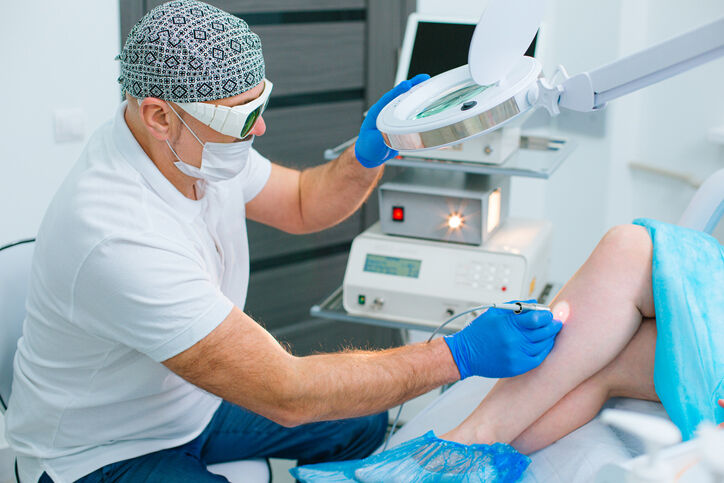
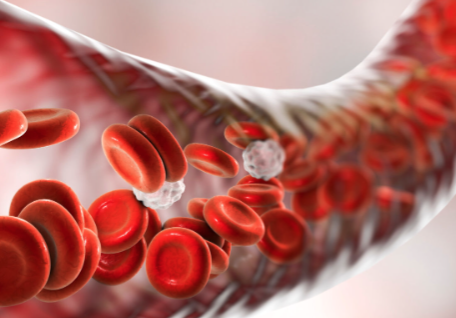 About Vein Disease
About Vein Disease
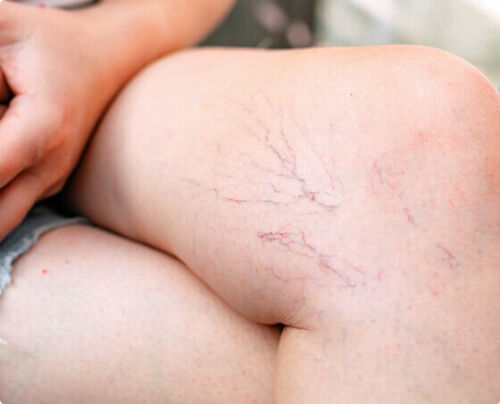 Spider Veins
Spider Veins
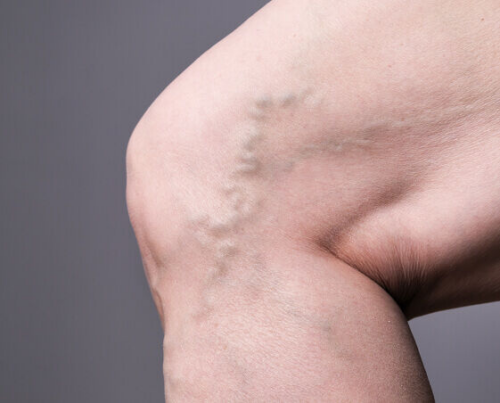 Varicose Veins
Varicose Veins
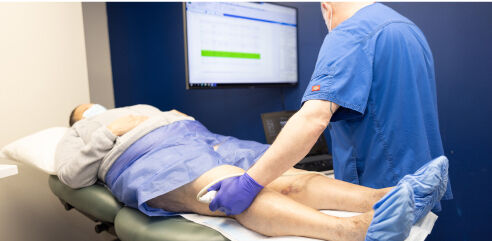 Vein Disease Treatments
Vein Disease Treatments
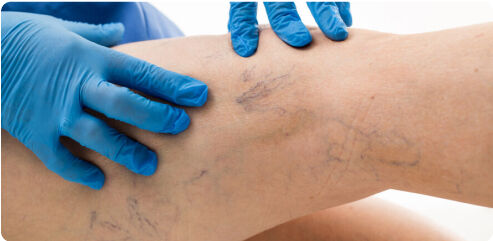 Treating Spider Veins
Treating Spider Veins
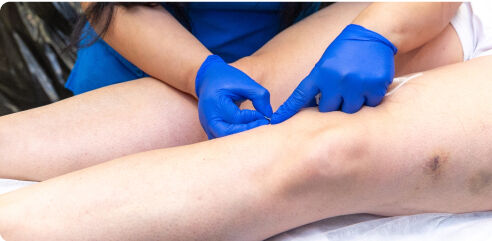 Treating Varicose Veins
Treating Varicose Veins
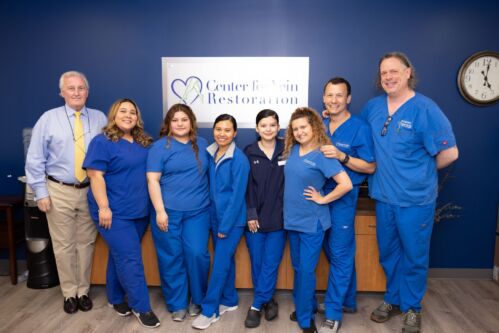 About Us
About Us
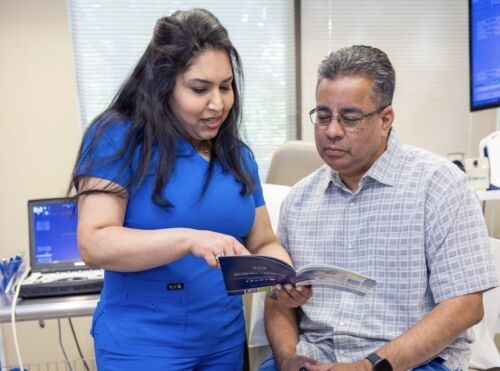 Patient Resources
Patient Resources
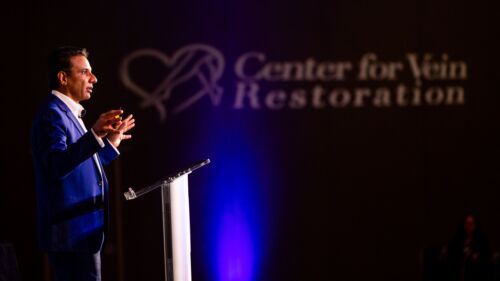 Physician Resources
Physician Resources

